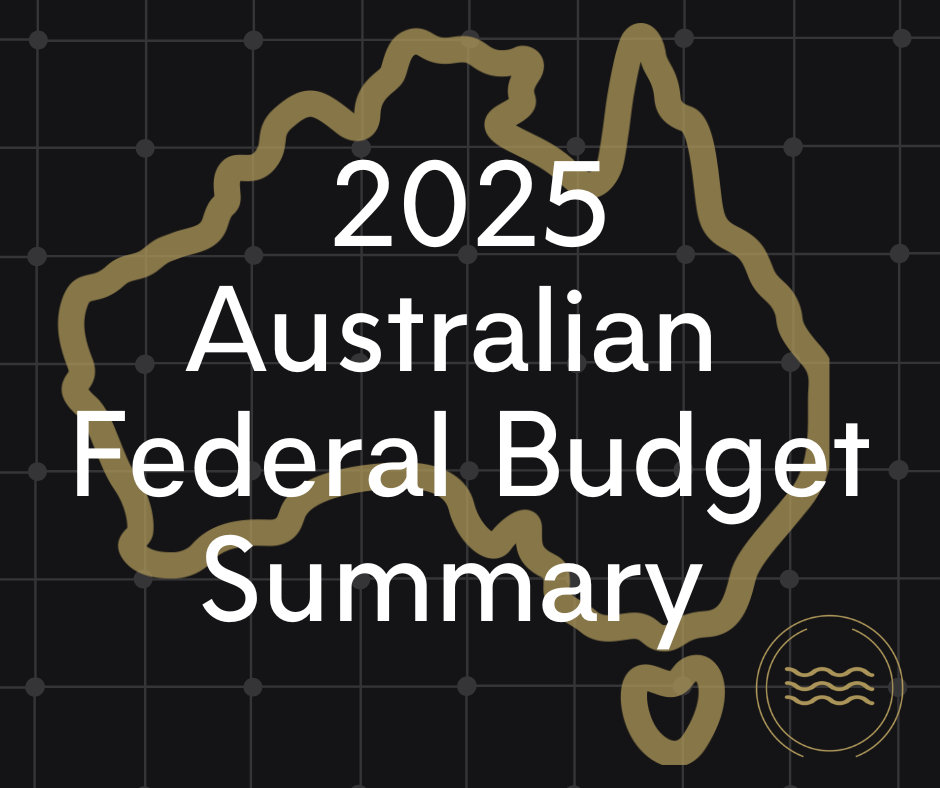
Permanent Establishment in India
A foreign (non-resident entity) in India may carry out business activities with Indian resident related or third parties. Where it does business with a third party, then the third party is to be taxed for the income from such business. However, doing business with a related party may require the transaction to be at arm’s length and requires analyzing if the related Indian party a permanent establishment (PE) of such foreign non-resident entity.
As the name suggests a PE is a fixed place of business. The term has been defined in further detail under the tax treaties. The Indian domestic tax law nomenclatures the PE concept as “business connection” of the foreign entity in India. The recent amendments has expanded the scope to specifically include entities in the digital economy if they have an economic presence. This economic presence test has been added in the last budget for entities that could escape being taxed in India as there was no physical presence. Perhaps, the Indian domestic law allows a taxpayer to take the advantage of either the treaty or domestic law provision that may be more beneficial, but it could not rule out the chaos to design a tax framework for such digital entities globally to determine its taxability in a specific jurisdiction.
I had written in an earlier blog that residential status is key determinant when computing individual income tax liability in a jurisdiction. So, what is means if a foreign entity has a PE in India?
A double tax avoidance agreement (Tax Treaty) between two countries sets out the rules of different forms of PE along with list of conditions and exceptions. The concept of PE generally lays out a country’s taxing right in relation to a foreign entity’s business operations in a specific jurisdiction either because of the existence of a fixed place, an agency or a service PE. A tax treaty also lays out the rules in relation to allocation and attribute the profits to PE and establish the taxing right to such jurisdiction where the PE exists.
- PE should obtain tax and other registration number, as applicable;
- appropriate profits of the entity attributable to the Indian PE should be taxed in India;
- PE’s profits should be determined at arm’s length;
- PE’s profits are taxable at the base rate of 40% of the profits after claiming deduction for expenses allowed as per the Indian tax law;
- PE should maintain proper books of accounts as per the law.
Our whitepaper titled Interaction of Indian and U.S. Tax Laws discusses that the recent amendments under the Indian domestic law has widened the scope of foreign entities to be taxable as PE, which shows India’s strong support to uproot the erosion of profit shifting between countries by taxpayers. The G-20/OECD Base Erosion Profit Shifting (BEPS) initiative has scaled the PE aspect in three action plans viz. addressing the challenges of the digital economy (Action Plan 1), preventing the artificial avoidance of permanent establishment status (Action Plan 7) and multilateral instruments (Action Plan 15). A change in tax policy will be helpful to put at rest the quantum of pending cases in India that seem to be overburdening the tax tribunals and courts on the interpretation and application of PE concept. The foreign entities have an option to seek advance ruling to provide a reasonable certainty on tax issues before any assessment proceedings have been initiated by the revenue authorities in India. This may however be an expensive route and a discussion with an advisor is preferable.
It is to be noted that the anti-avoidance rules generally give wide powers to revenue authorities in many countries to initiate tax proceedings under thedomestic tax laws questioning a transaction that had the principal objective of evading tax. A taxpayer taxable in say two countries,say India and the U.S.,may have to be vigilant of the tax compliances in both countries. The interaction of the tax laws between two countries may offer tax credits but compliances cannot be ignored which may result in additional tax, interest and penalties.




